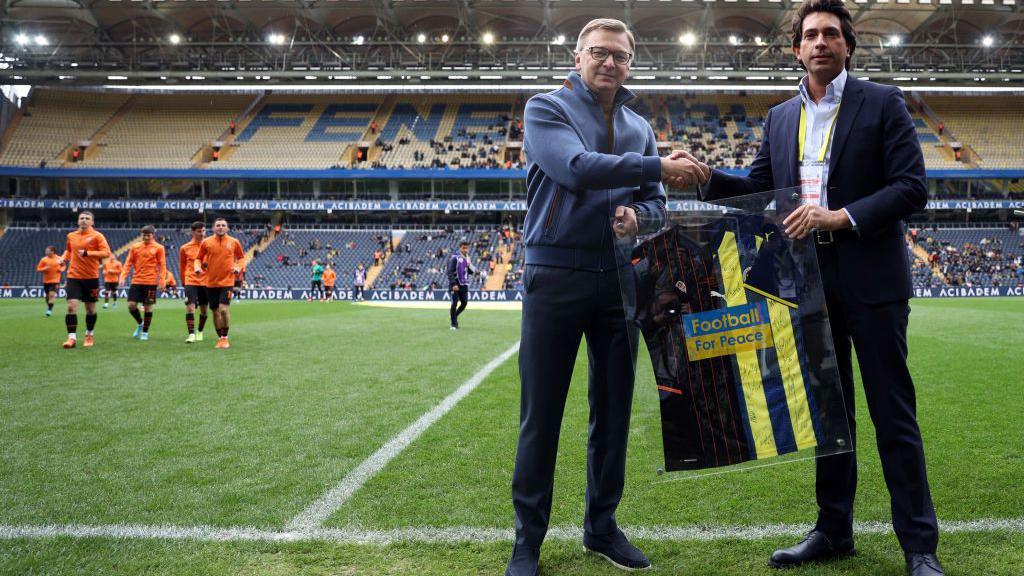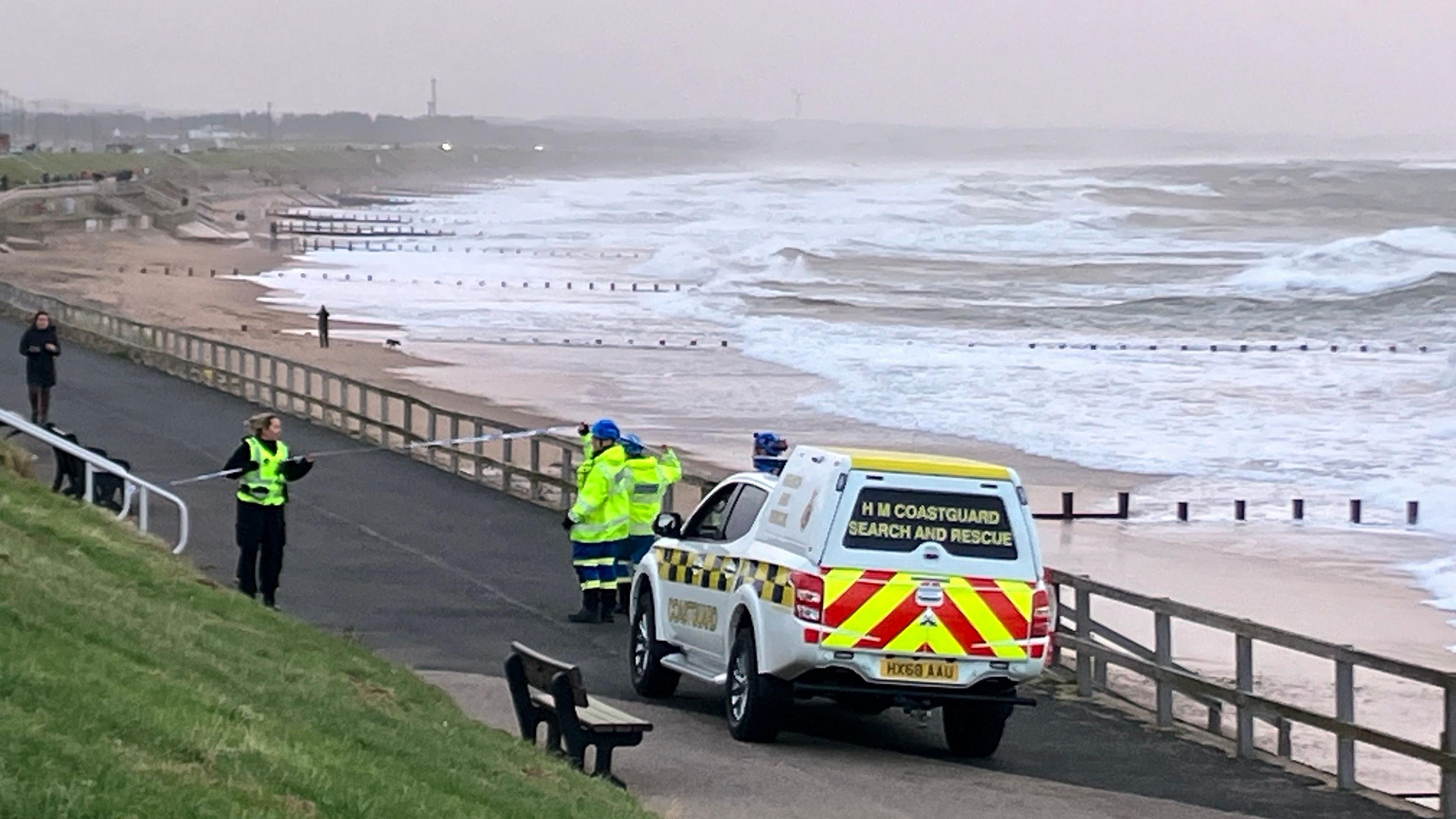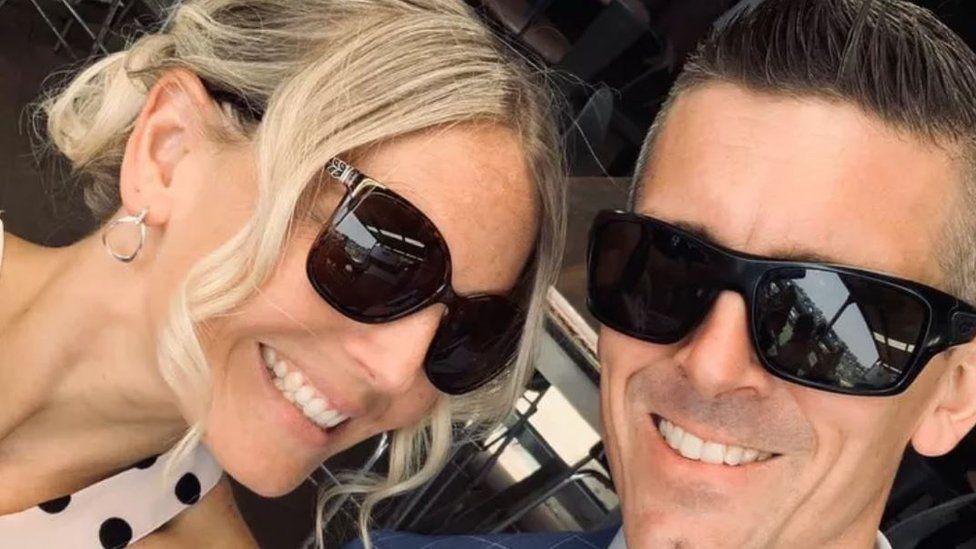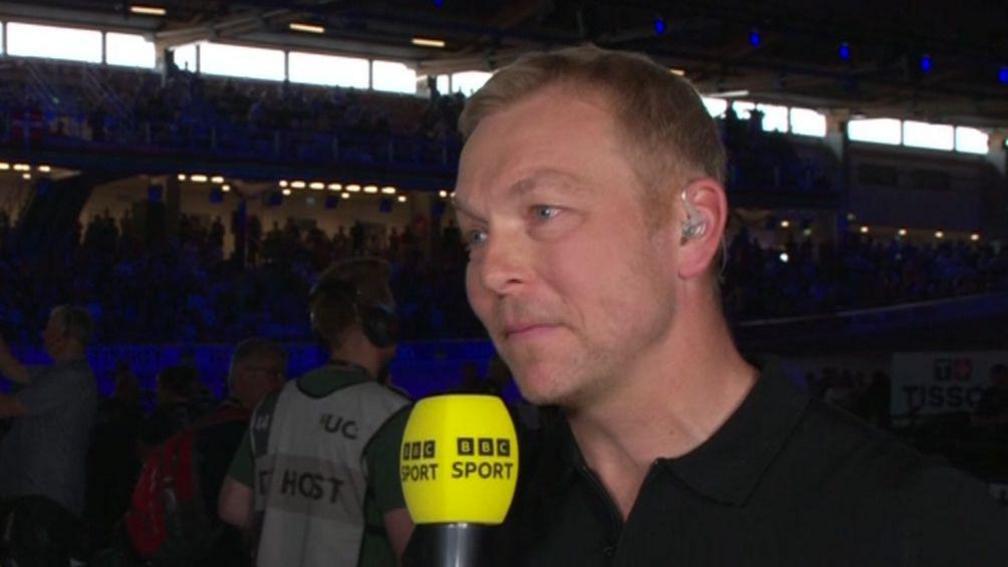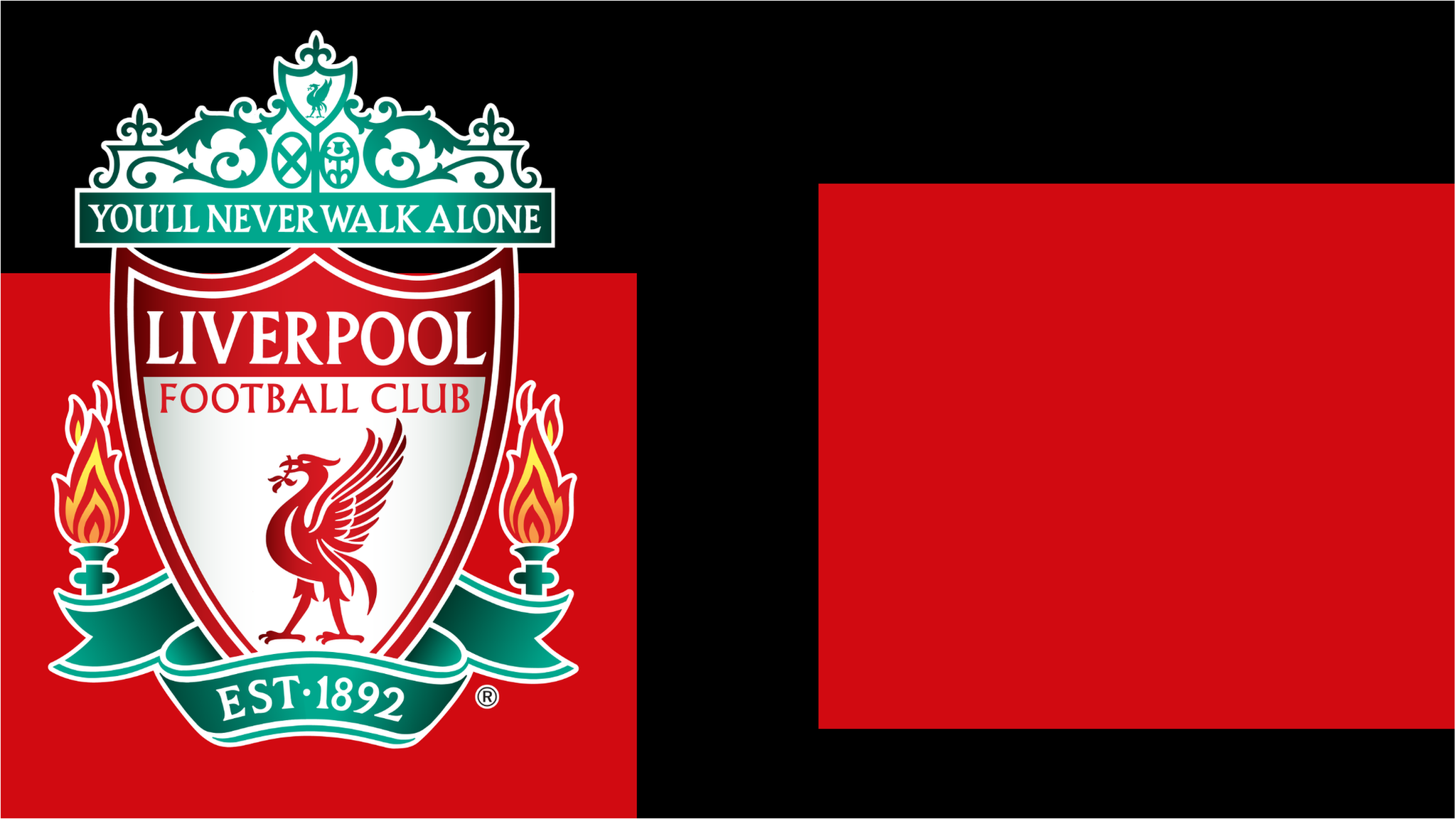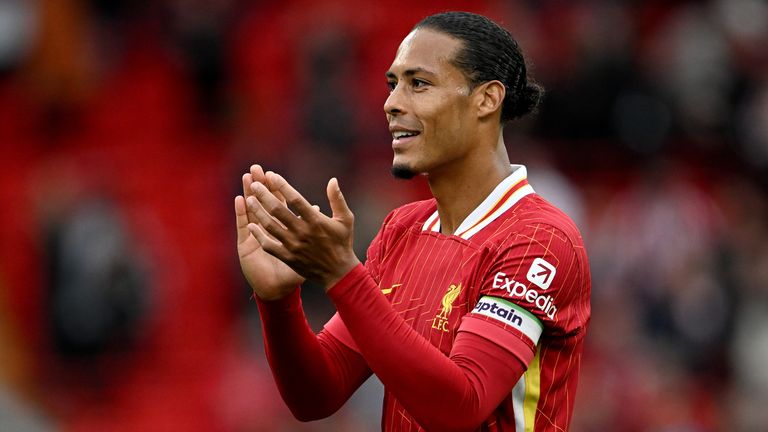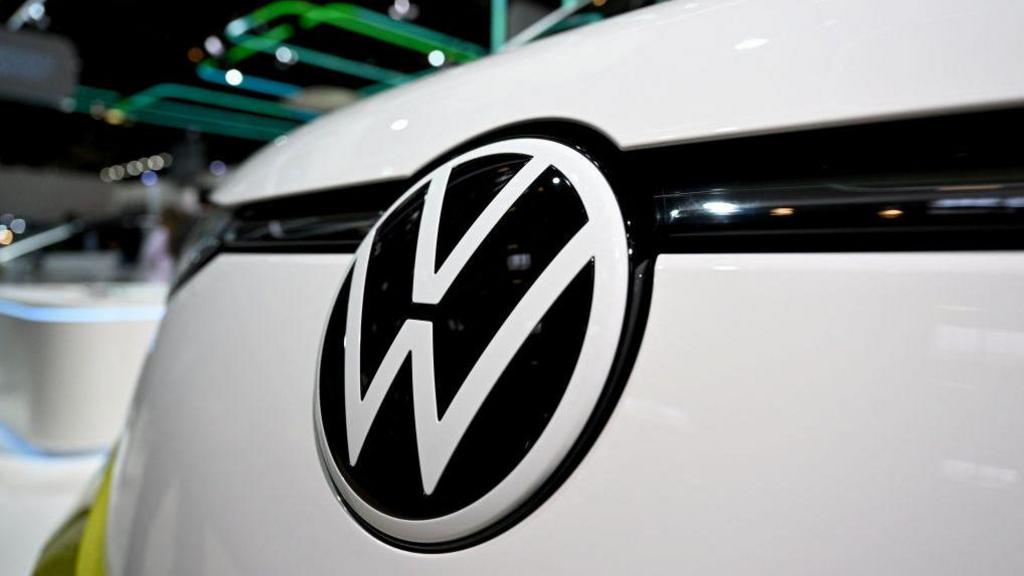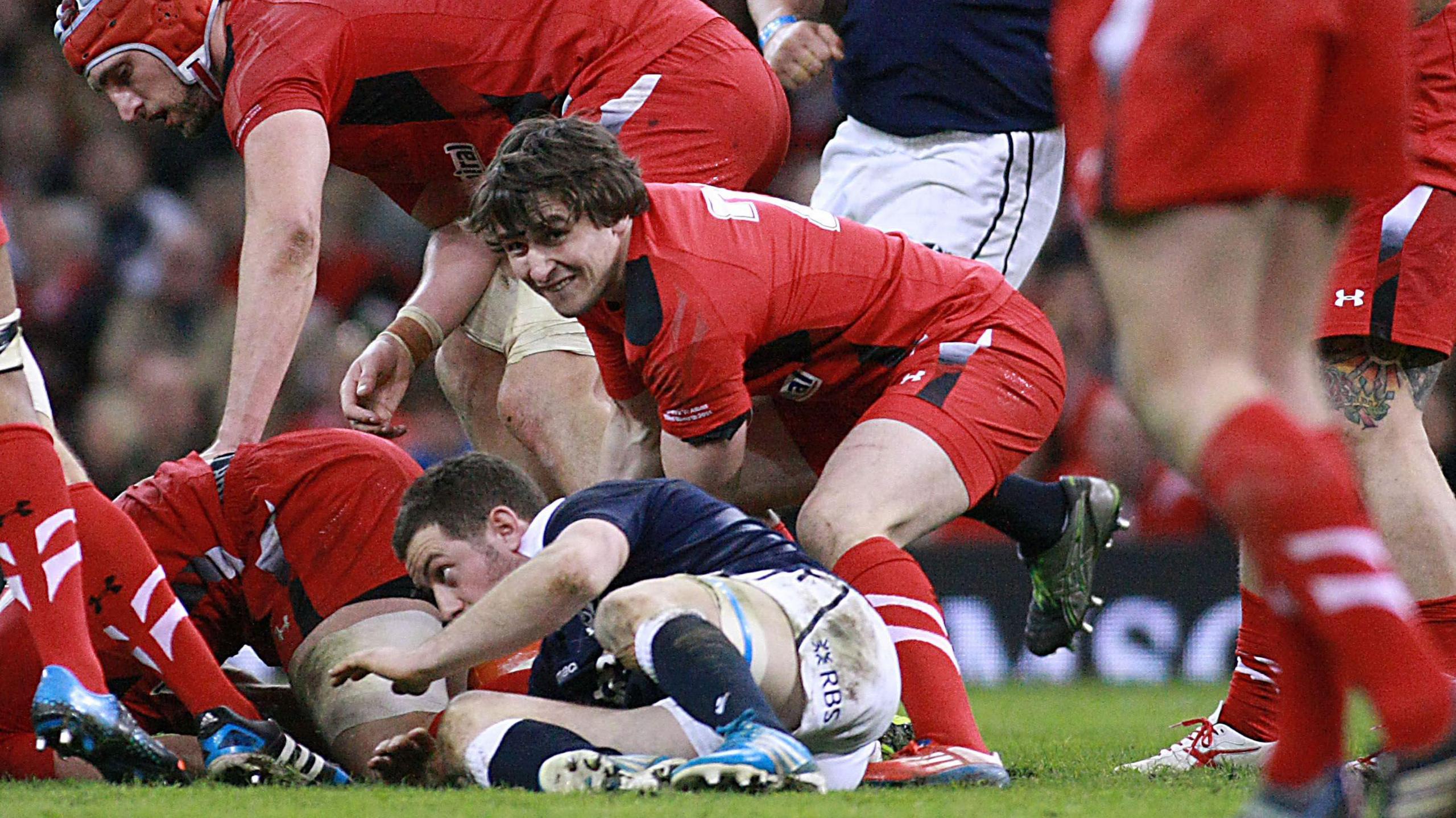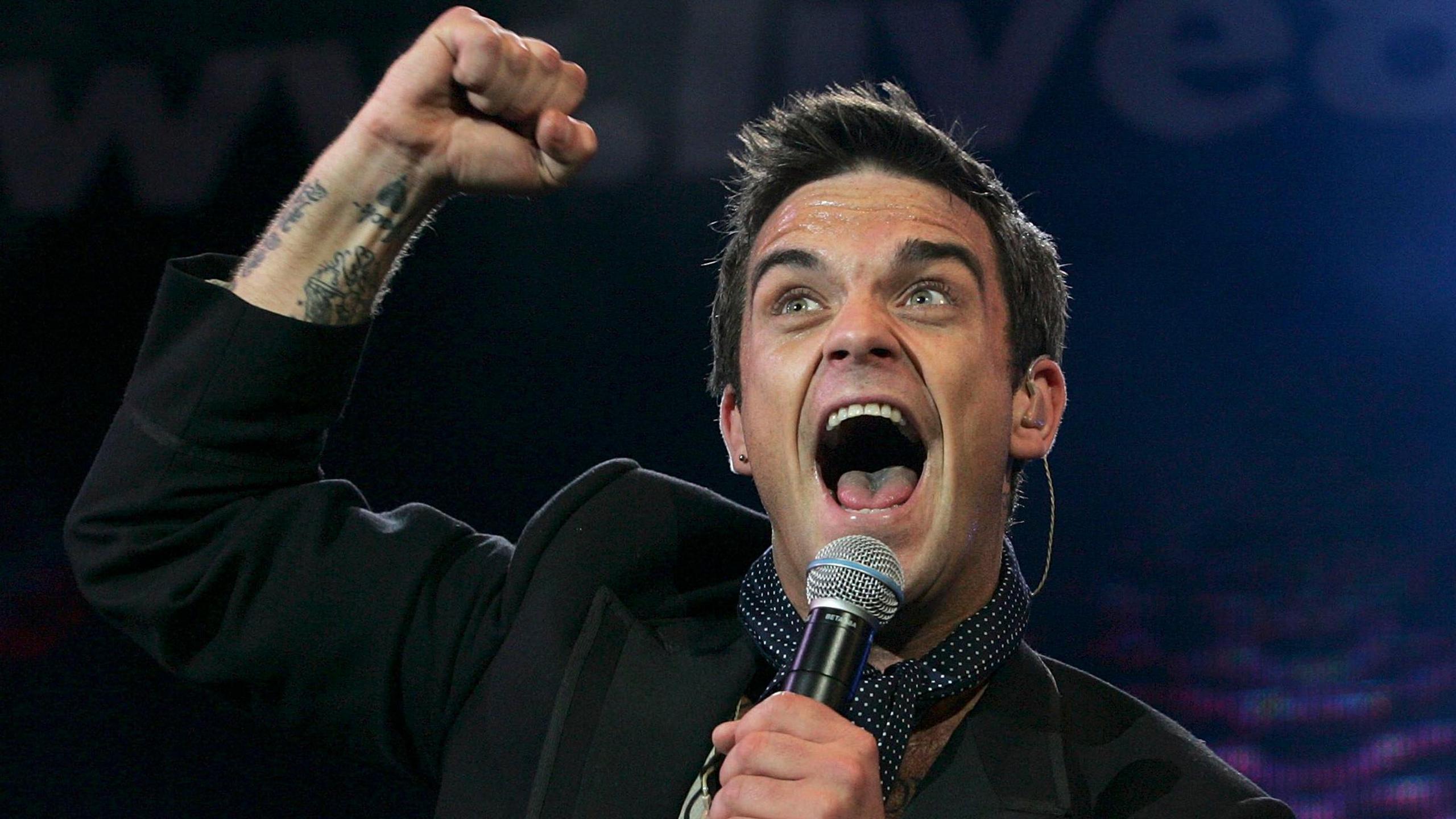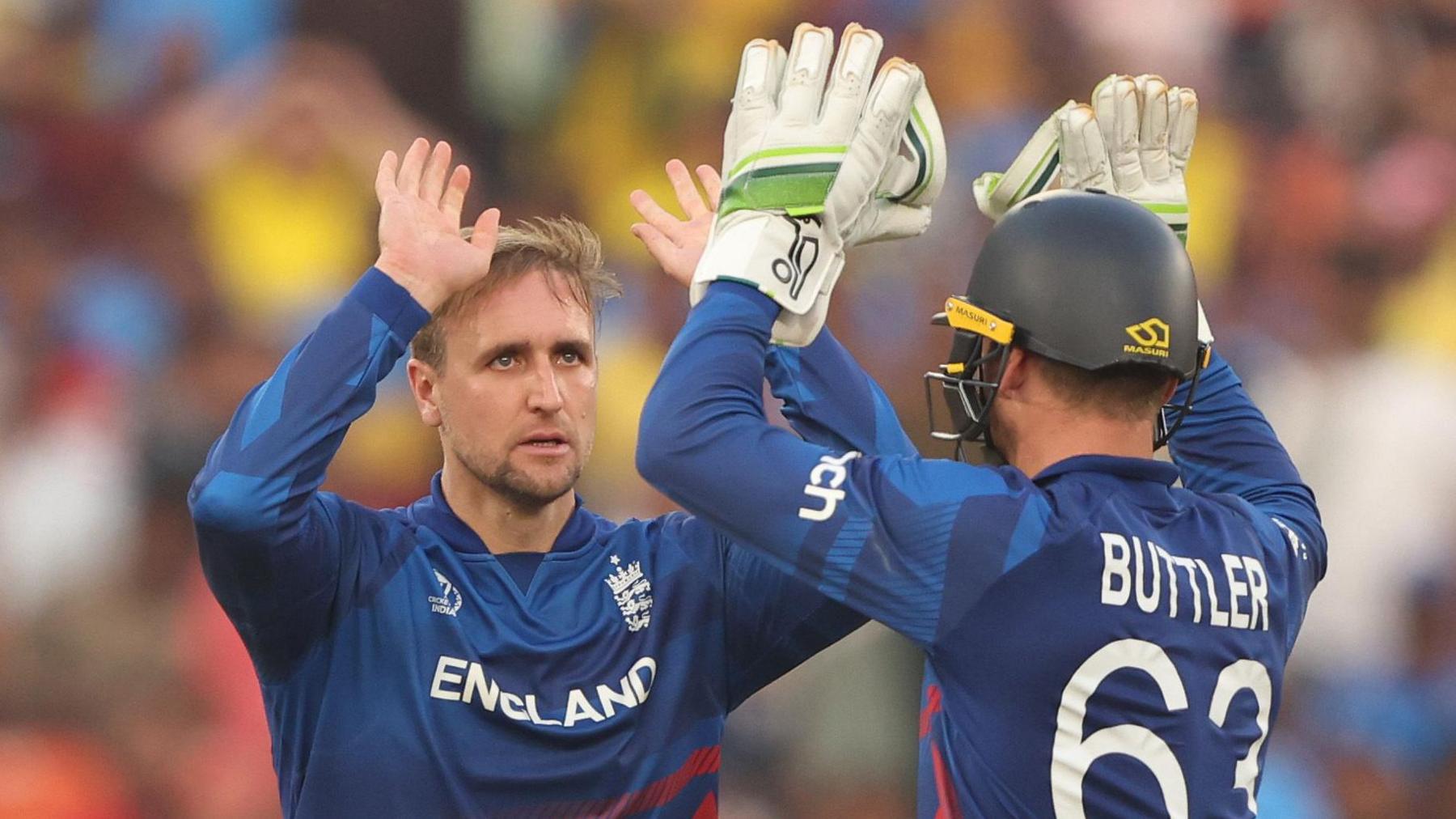For Shakhtar Donetsk, the stark realities of war in Ukraine are never far away.
Two days before they were due to play Kryvbas in September, the hotel they were set to be staying in was hit by a Russian missile.
Local media reported, external four people were killed and more injured in the attack in Kryvyi Rih, just over 40 miles from the nearest Russian-occupied territory and a regular target of air strikes.
“Can you imagine this, our team staying in this hotel and what can happen?” Shakhtar chief executive Sergei Palkin tells BBC Sport.
“It is difficult to manage a team and difficult to attract new players in this kind of situation. For me, it is difficult to push players to Kryvyi Rih and play this game.
“Finally, we arrived. But after this incident, families of players were writing us a lot of letters and a lot of messages. Agents of players were writing ‘what will we do?’
“OK, we have done everything in a good way, with a full level of security, but in any case, from a mental point of view, it is difficult to convince players to go there and play.”
The Ukrainian Premier League match went ahead as planned, but was interrupted in the 51st minute, external after an air raid alert, with the remainder of the game postponed to a later date. A league game against Dnipro earlier this year was also stopped several times by sirens.
“I was worried, my family was worried, I know that the wives of footballers were very worried. As for the foreign players, it’s understandable. They came to another country and were frightened, but they pulled themselves together,” said captain Taras Stepanenko after the Kryvbas incident.
“It’s hard, it’s not very pleasant, and I think that the people who organise our tournaments, who organise the matches, should pay more attention to safety because it’s not funny.”
The fear, that anxiety, goes both ways. As Shakhtar player Georgi Sudakov told BBC Sport in February on the two-year anniversary of the war: “It’s psychologically hard when your family is far away and the first thing you see in the morning after waking up is a text from your wife saying that she and your child are hiding in the bathroom.”
Champions League football at least gives Shakhtar a chance to play away from the threat of war, but travelling abroad brings its own challenges.
When they face Arsenal at Emirates Stadium on Tuesday, it will be on the back of a long-haul journey.
On Friday, Shakhtar travelled from their base in Kyiv to Lviv by coach, stopped over for a day to train and then on Sunday went across the border to the city of Rzeszow in Poland, from where they flew to London.
“When you arrive you are already less competitive than your opponent because of physical conditions, mental conditions,” explains Palkin. “To spend two days in a bus, in a plane, is very difficult.”
Shakhtar have had to get used to playing on the road. It is a decade since they moved out of Donetsk and into external exile after pro-Russian separatists seized large areas of the region, proclaiming it the Donetsk People’s Republic (DPR).
That conflict has been consumed by the wider war in Ukraine, which began with the Russian invasion two years ago. Football stopped briefly but restarted for the 2022-23 season.
Shakhtar have played Champions League home games in six different cities since leaving Donetsk 10 years ago – Lviv, Kharkiv, Kyiv, and outside Ukraine in Polish capital Warsaw, and German cities Hamburg and Gelsenkirchen.
“You understand what kind of life we have?” adds Palkin. “I think we are a unique club, because if you look at European football history you will not find a club like ours – a very tough, very strong and difficult history.”
When Ukraine voted for independence from the Soviet Union in 1991, Dynamo Kyiv emerged as the country’s footballing powerhouse, winning 11 of the first 13 Ukrainian Premier League titles.
Shakhtar’s first title came in 2002 but, since Palkin’s arrival in 2004, they have become Ukraine’s major force at home and abroad, winning the league 15 times and the Uefa Cup in 2009.
Being prolific in the Brazilian market helped. Between 2005 and 2009 Fernandinho, Jadson, Willian, Ilsinho, Elano and Luiz Adriano arrived and thrived in Donetsk, with only the departed Elano not featuring in the Uefa Cup-winning side.
Douglas Costa and Alex Teixeira joined the following year as Shakhtar’s recruitment continued to deliver, complementing those South American acquisitions with talents closer to home such as Armenia’s Henrikh Mkhitaryan.
“When we stayed in Donetsk it was quite easy to do this transfer policy,” explains Palkin. “We had peace in our country, an unbelievable football infrastructure and for us to sign any talent from any country was very easy.
“When we bring in a player, when he sees what kind of stadium we have, our training camp, the city, everybody signs the next day.
“Our success was in making decisions quite quickly. A lot of times we won [despite] competition from Manchester United, Arsenal, a lot of top European clubs, because we made decisions very quickly when we detected talents and made a decision to buy.”
In August 2009, with Beyonce performing on the opening night, Shakhtar unveiled their state-of-the-art, 52,000-capacity Donbas Arena. Just months after their historic continental triumph, the club were establishing themselves as one of the most competitive in Europe both on and off the field.
The stadium was also a key venue in the 2012 European Championship, hosting Spain’s semi-final win over Portugal. But two years later, it was empty.
In July 2014, six Shakhtar players refused to return to Donetsk following a friendly in France after pro-Russian rebels took control of the city. Among them were Costa, Teixeira and Fred.
They eventually returned once Shakhtar took the decision to relocate more than 600 miles west to use Kyiv as a training base, while playing games in Lviv.
There were, however, a handful of former players who wished to remain in Donetsk under the DPR, including former captain Viktor Zvyagintsev, who was on a Ukraine government website listing people it accused of terrorism by association with separatist rebels.
“When we left Donetsk it was very difficult,” explains Palkin, who last visited eight years ago. “We lost our local fans, we lost our beautiful stadium, because at that moment it was one of the best stadiums in Europe. We lost our city, we lost our [training] camp.
“The situation became tougher and tougher. It is today almost impossible to communicate with people that are there.”
Not having a permanent home made selling the club to potential signings harder. “In Kyiv we had nothing. Just a small training facility, our stadium is rented,” says Palkin. The situation is even more difficult now.
“When you have a war in your country, a full invasion, it is difficult to attract top talent because they are afraid – that’s it,” adds Palkin.
“We are trying to guarantee some kind of security for players – where they stay, where they play, how they move, all these logistics. But sometimes it is difficult.”
Nevertheless, and despite finding themselves competing directly in South America with clubs like Real Madrid, Barcelona and more recently the Premier League for young talent, Shakhtar had until this summer managed to continue their trend of recruiting Brazilian prospects.
Importantly, they have always consistently sold players for healthy profits, too – Fred to Manchester United, Fernandinho to Manchester City, Douglas Costa to Bayern Munich, Mkhitaryan to Borussia Dortmund, Willian to Anzhi Makhachkala and Teixeira to Chinese club Jiangsu Suning.
In recent seasons, it has been local stars – goalkeeper Anatoliy Trubin to Benfica and forward Mykhailo Mudryk to Chelsea in a club-record £89m deal.
“Players like Mudryk appear one time every 10 years,” says Palkin. “Therefore it is impossible to develop a player like Mudryk every year. In any case, we pay big attention to our academy development, to the development of individual players.
“We meet as a whole management of the academy every three months to discuss in detail all aspects of development, where we are, who we can bring, how the situation is. And at the same time we continue to work in the transfer market, trying to analyse not just the Brazilian market but we concentrate on other markets, including the African continent.”
That is important, because Palkin says the club’s main revenue streams since the start of the war are Uefa bonuses and player sales, an area in which the club feel they were stung by Fifa’s ruling that foreign players could suspend their contracts, external following Russia’s invasion.
“For almost 10 years we have been trying to manage the club outside of our home city,” says Palkin. “Trying to compete with Ukrainian clubs in respect of fans and sponsorship, and we [were] doing quite well.
“But when this full invasion started in 2022 the situation changed completely, because our income from sponsorship was almost to zero and fans didn’t come to the stadium because it was forbidden.”
Now, one of Shakhtar’s main focuses is supporting those who have been impacted by the invasion, raising money and awareness through friendlies, building homes and apartments for families who have lost theirs, as well as other social projects.
“The club also supports children who have lost their parents, provides physical and mental rehabilitation for soldiers, and offers financial assistance to internally displaced people,” explains Yurii Svyrydov, Shakhtar’s director of strategy and communications.
One of the most impactful has been the formation of Shakhtar Stalevi this year, the club’s amputee team. They will face Arsenal’s amputee team in London on Monday.
“Supporting the troops that defend our country is absolutely crucial,” adds Svyrydov, who says about 100,000 people have suffered severe amputations since the invasion in February 2022.
“This is a staggering number, and it’s essential to provide these individuals with opportunities to remain socially and physically active.
“Every player has an extraordinary story. Most of them are young men in their 20s who have sacrificed their health to defend Ukraine, protecting our sovereignty and freedom.
“They’ve lost limbs but gained immense respect from us and our fans. Their bodies may bear the scars of war, but their spirits remain unbroken. Their mental strength is remarkable.”
Of course the football is important, but equally rewarding are the friendships made.
“This camaraderie offers emotional support and helps with their overall rehabilitation and social inclusion,” explains Svyrydov.
Ultimately, it offers hope, something Shakhtar – and the whole of Ukraine – hold on to.
“We are fighting because of this – because we believe we have a good future,” says Palkin.

